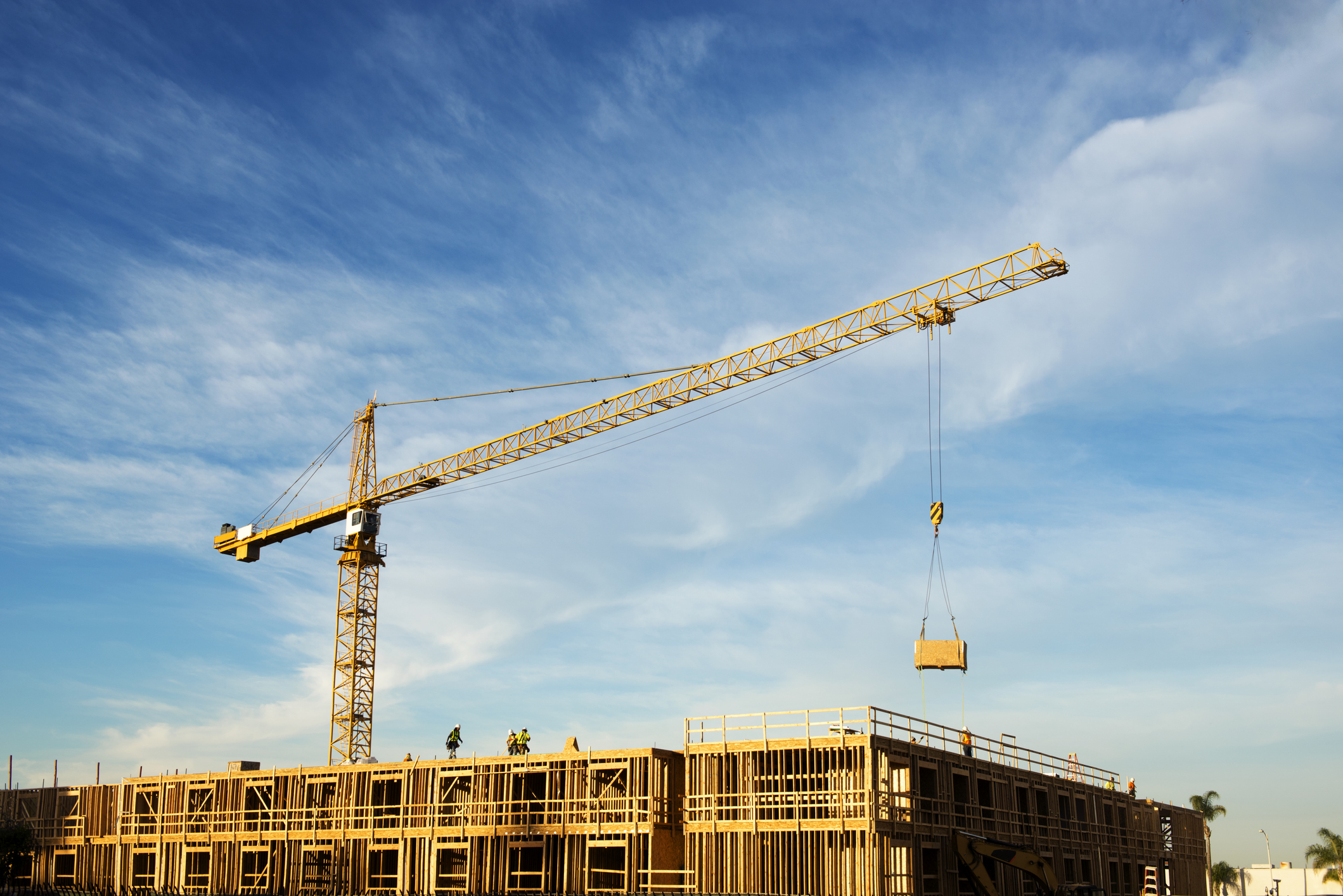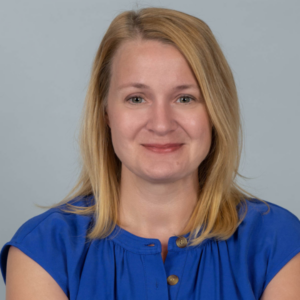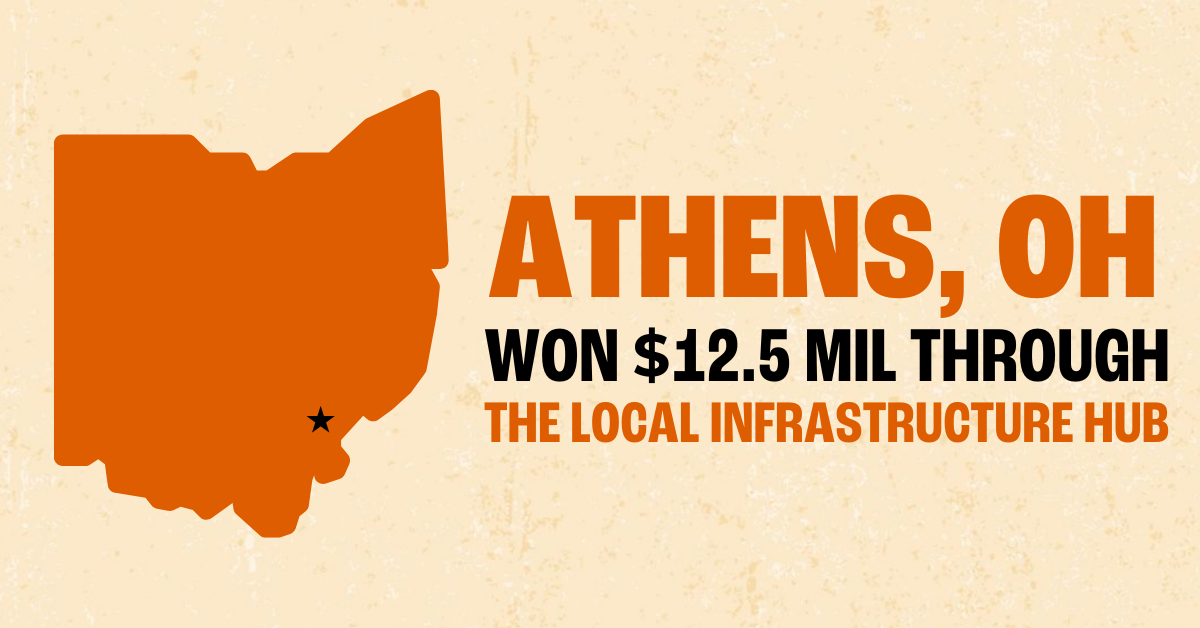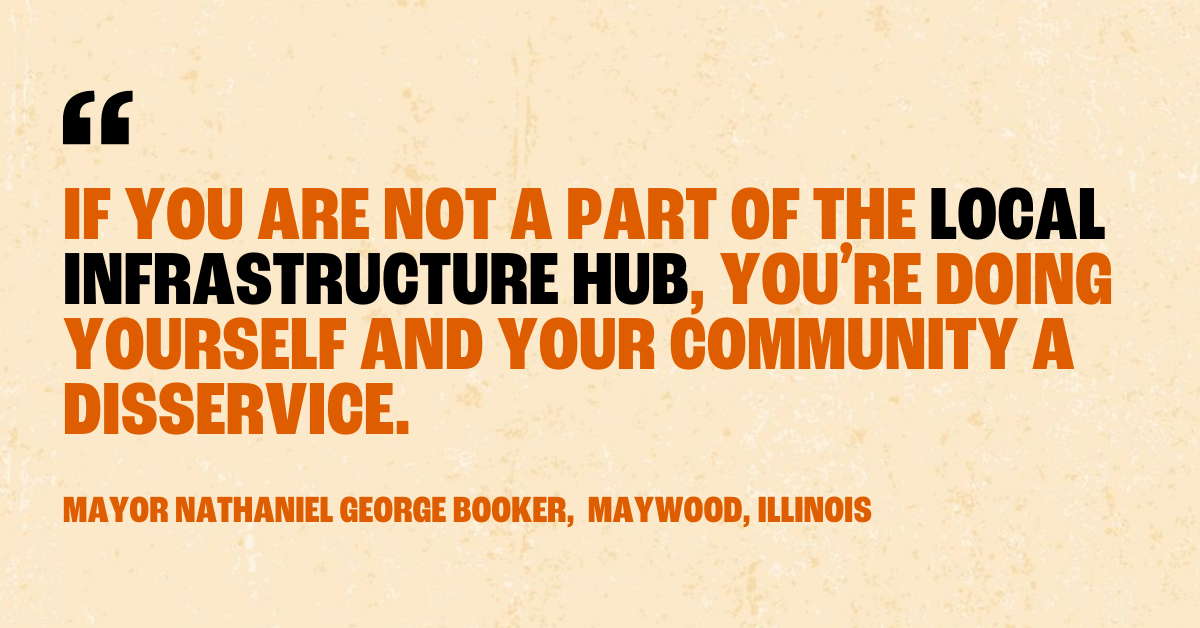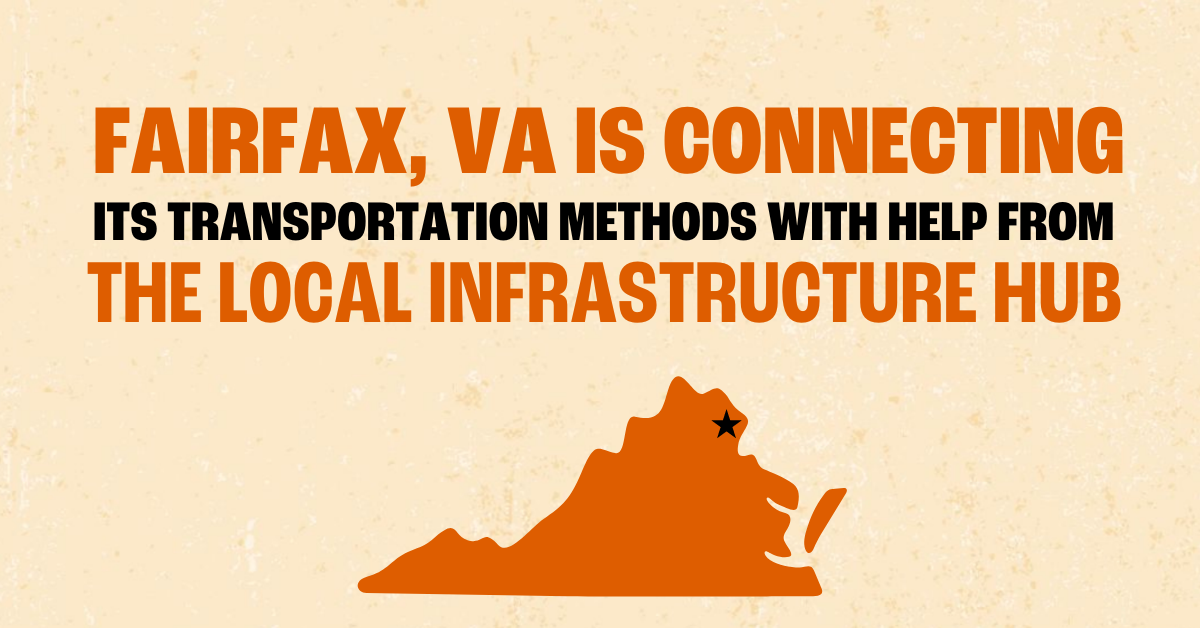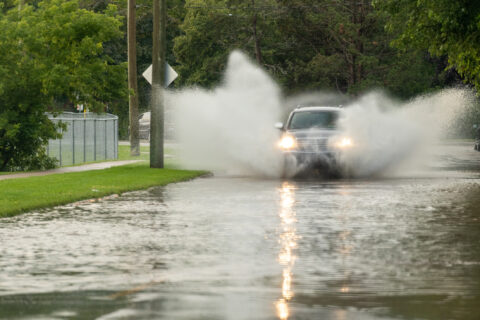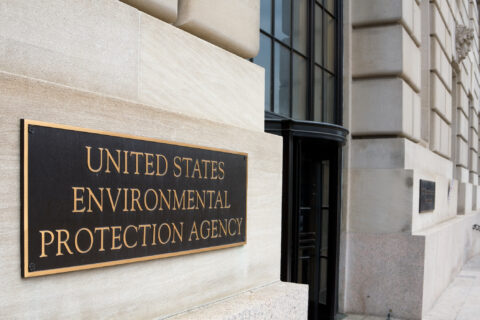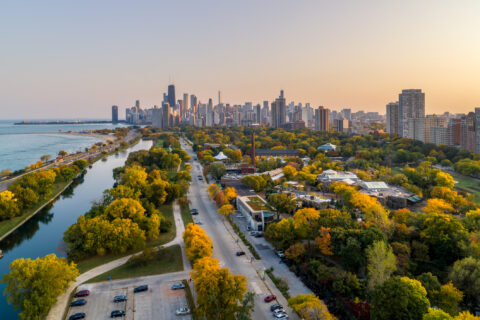What do three mayors from Athens, Ohio; Maywood, Illinois; and Fairfax, Virginia, all have in common? Their participation in the Local Infrastructure Hub’s free training programs, led by the National League of Cities (NLC), has resulted in substantial federal funds to tackle local projects. These small towns and mid-sized cities all faced challenges when applying for federal funds—from tight resources to limited staff—but still decided to take the leap and utilize the Local Infrastructure Hub’s training. These small towns and mid-sized cities are now witnessing the tangible results of their efforts.
Athens, Ohio: Expanding EV Charging Infrastructure
When the $1.2 billion Bipartisan Infrastructure Law (BIL) took effect, Mayor Steve Patterson of Athens, Ohio, envisioned his city becoming a regional hub with an expansive electric vehicle charging network. By participating in the Local Infrastructure Hub’s free training program, Mayor Patterson and his staff learned that a coalition-based application would receive a higher score among federal grant reviewers. That vital information led the City of Athens to form the Southeast Ohio Public Energy Council (SOPEC), a coalition of municipalities across southeast and southwest Ohio. Not too long ago, the city learned that SOPEC secured $12.5 million in federal funding to install roughly 50 charging stations.
“For the City of Athens, there was strength in numbers, and we’ve been able to forge important connections across southeast and southwest Ohio to fill critical gaps in the region’s EV charging network,” shared Mayor Patterson in a recent op-ed.
Maywood, Illinois: Strengthening Local Infrastructure
Mayor Nathaniel George Booker of Maywood, Illinois, viewed the training as a “no-brainer,” empowering his staff to participate in building resilient infrastructure, Brownfields, and safe drinking water programs. In March, Maywood found out they secured nearly $980,000 for infrastructure projects through the Building Resilient Infrastructure and Communities (BRIC) grant program, an application they worked on with the Local Infrastructure Hub. The city was also able to repurpose this grant application to win more than $4 million through the Metropolitan Water Reclamation District and Cook County for water infrastructure.
“It’s the world of you don’t know what you don’t know, and it’s the world of you’re not thinking about what you’re not thinking about,” reflected Mayor Booker on the complicated grant application process. “If you are not a part of the Local Infrastructure Hub, you’re doing yourself and your community a disservice because it really is the factor that brings everything that’s in your brain to put it on paper … to actually have pen to paper saying we are ready to apply—that’s what the Local Infrastructure Hub is there for.”
Fairfax, Virginia: Connecting Various Transportation Methods
While the City of Fairfax, Virginia, had a director of transportation on staff, Mayor Catherine Read knew they’d need support to craft a winning grant application. Through the Safe Streets and Roads for All (SS4A) grant program training, the city refined its application and was able to effectively push it across the finish line. Fairfax was awarded $400,000 with a $100,000 match from the city to build an action plan to ensure all transportation operates cohesively—from their electric scooters, Capital Bikeshare, fare-free bus, and the cars of hundreds of students, faculty, and staff living in the city.
“In order to be more effective in how we’re going to invest our taxpayers’ tax dollars, I would absolutely recommend the boot camps,” said Mayor Read. “It doesn’t matter if you’re 1,700, 70,000, or 7 million—everybody’s going after funding. If you don’t have the people on your staff, then you need to go to the organization, NLC. They can offer you the expertise you need to get the funding that is sitting there waiting for you.”
Register for Free Grant-Writing Training
Don’t miss your chance to sign up for the Local Infrastructure Hub! Communities that have participated in the training have already secured more than $200 million in funding, and your community could be next. Registration just extended to May 19, 2024.
